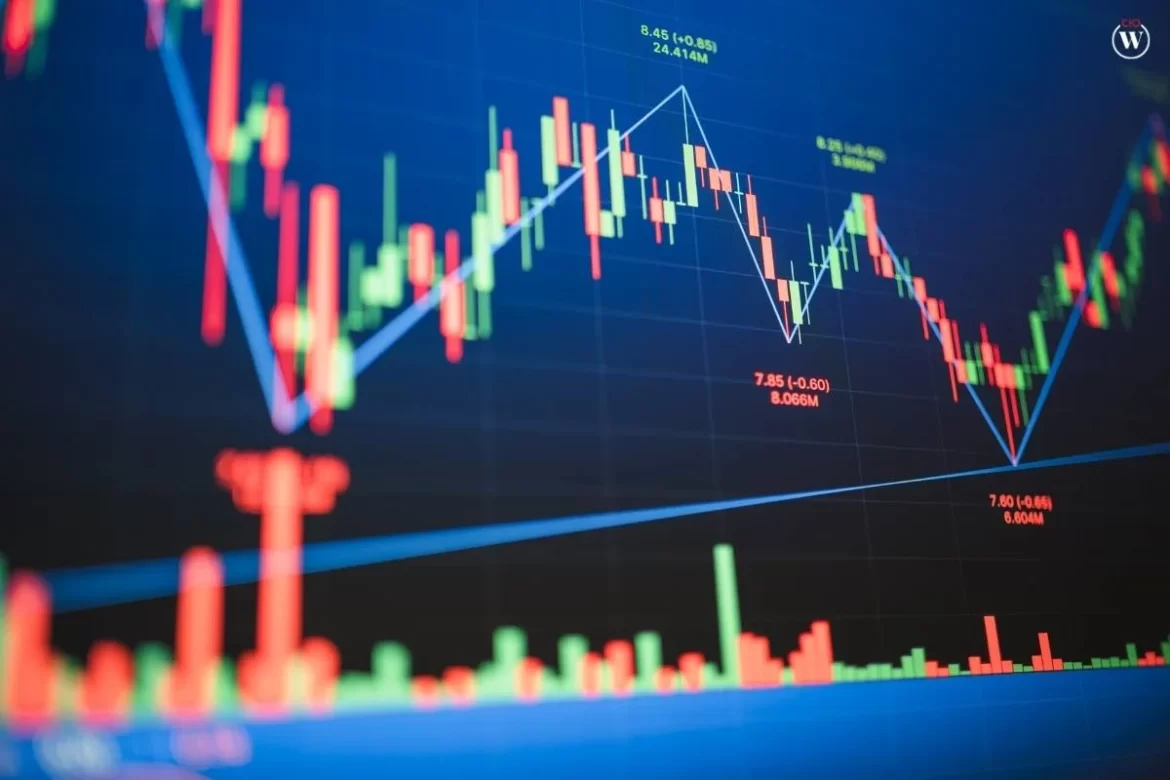Artificial Intelligence in Algorithmic Trading empowers traders to make more informed trading decisions and increase profitability. AI helps automate repetitive manual tasks while increasing data processing speed to enable faster analysis of complex market information.
AI algorithms don’t come without risks and challenges. Their accuracy of predictions relies heavily on the quality and relevance of data used for training; additionally, AI may suffer from overfitting, which requires periodic adjustments and monitoring to address it.
Benefits
One of the greatest advantages of employing AI in algorithmic trading is its ability to give traders greater insights into market trends. AI algorithms can analyze and process large volumes of data far faster than humans can, enabling them to spot patterns and opportunities more quickly than humans could do alone.
These automated trading systems can also eliminate the emotional biases inherent in manual trading, leading to more consistent and objective decision making that can help traders avoid costly errors while increasing overall trading performance.
AI can reduce trading costs by automating processes and cutting transaction fees. Furthermore, AI-powered algorithms can detect potential risks in portfolios before suggesting strategies to mitigate them; furthermore they monitor markets 24/7 without becoming bored or fatigued thus responding rapidly to market changes and opportunities. However, these technologies should be monitored carefully as they may exacerbate systemic risks in financial markets leading to flash crashes; it is therefore vital that safeguards are put in place such as testing circuit breakers kill switches transparency to prevent these risks from emerging.
Challenges
AI trading platforms enable traders to analyze large data sets more rationally, detect potential risks and suggest hedging strategies, reduce transaction costs by trading at competitive prices and execute trades at optimal times – all while still needing human input to set up and monitor performance of their systems.
AI-driven algo trading can significantly enhance market efficiency by reducing information asymmetry and speeding price discovery, as well as quickly identifying fleeting arbitrage windows or asset mispricings that would otherwise take manual processes much longer to detect. Recognizing these patterns can lead to improved liquidity and more robust markets; however, some remain concerned about the risk associated with AI-driven algo trading, including flash crashes or market disruptions caused by algo trading robots. Additionally, proprietary AI models may exacerbate information asymmetries and limit oversight by regulators and investors. Furthermore, technical glitches could disrupt markets – all these risks should be carefully assessed when considering whether or not AI should be added to your trading strategy.
Potential
AI can assist traders in optimizing profits while limiting risk. By analyzing vast quantities of data, traders can quickly identify market trends and opportunities before quickly and efficiently making trades.
AI trading systems also present society with multiple potential advantages. They can improve market efficiency by decreasing bid/ask spreads and trading costs while also offering enhanced price discovery by eliminating biases or emotions that impact decision making processes.
However, these advantages must be balanced against the risks posed by AI-powered trading platforms. For instance, their democratization can create informational and economic asymmetries; high-speed algorithms may increase flash crashes and systemic fragility risk; regulations must include backtesting, stress testing, circuit breakers, kill switches to ensure stability and transparency while structural reforms such as community-rooted banking or wealth taxes can address these concerns while making sure AI benefits are more equitably distributed.
Future
AI is making waves in the trading sector, especially through algorithms that can detect market opportunities more quickly than humans can. Yet this technology remains in its early stages and needs to continue its progress for improved solutions to existing problems.
Some of the main advantages of AI in algorithmic trading include reduced risk and more efficient execution. This technology facilitates faster decision-making while helping eliminate emotional biases to produce more consistent trading strategies with reduced capital costs.
AI can also be utilized to monitor the stock market around-the-clock and identify any potential risks, while also helping detect any suspicious activities more quickly. AI’s future in algorithmic trading appears promising, yet investors and traders need to stay abreast of recent developments while carefully considering potential benefits and drawbacks of this form of investing.





